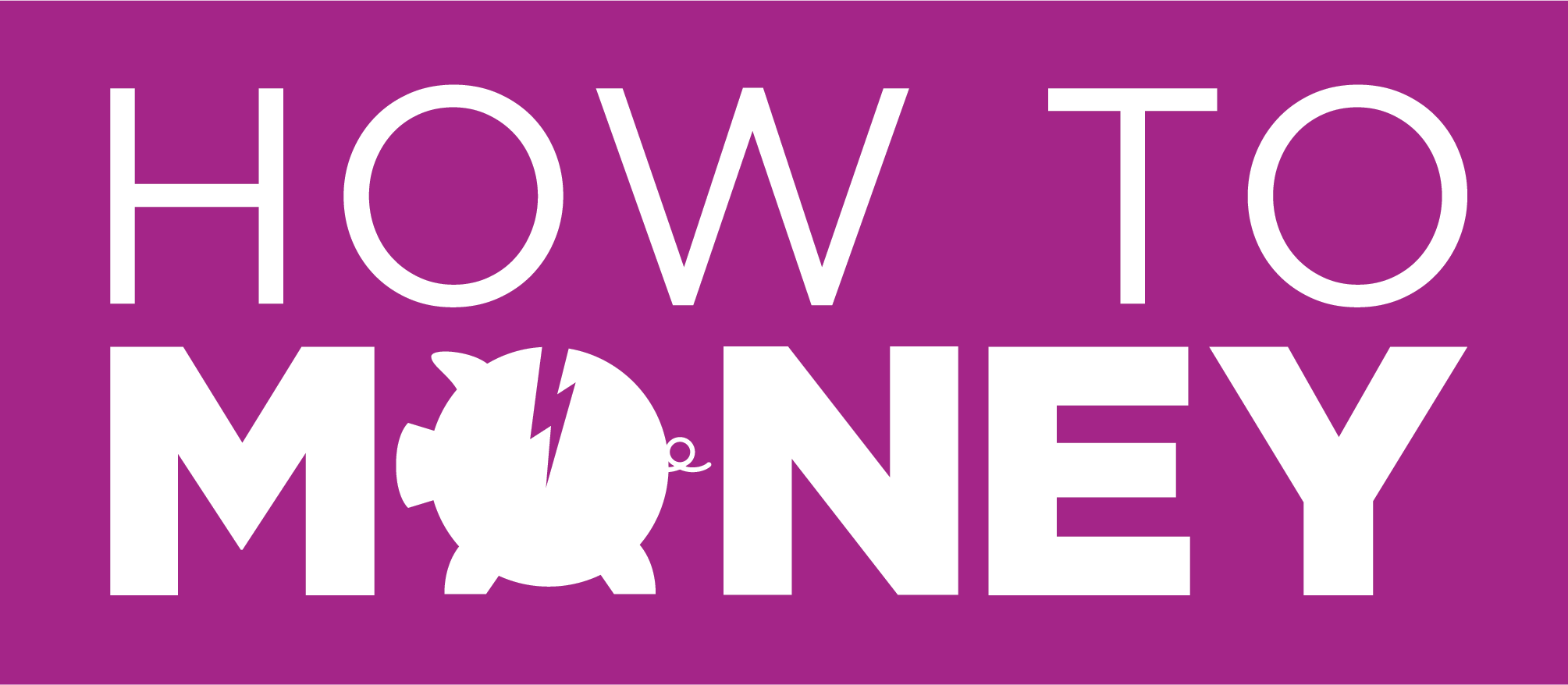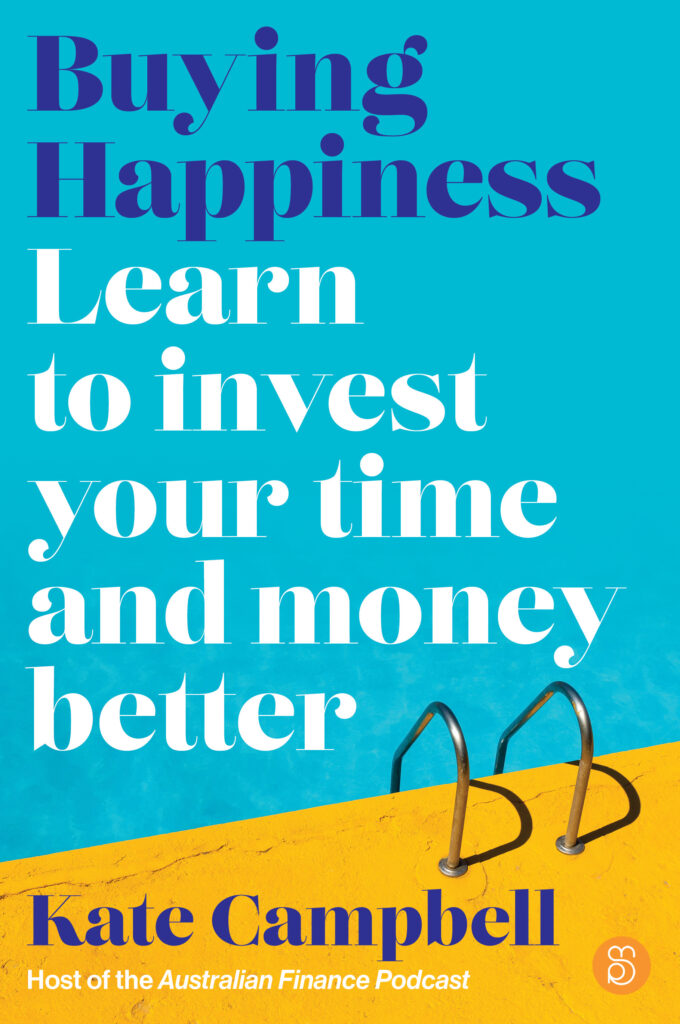
How Does Ethical Investing Work?
How To Money recently reached out to Australian Ethical to learn more about ethical investing, and Head of Ethics Research Stuart Palmer has answered our questions below. Keep reading to learn more about ethical investing and how you can take control of where your money is invested!
How does ethical investing work? Do you just simply take out the companies that cause harm, or do you actively invest in the companies that are doing good for our planet?
Ethical investing invests for positive impacts on people, animals and the environment, in addition to competitive financial returns.
It’s often called values-aligned investing, because it’s where people bring their super and other investments into line with their personal values. It’s a way of saying “I would like to make money from investing but I don’t want to do so at the expense of the environment, animals or society.”
At Australian Ethical, we won’t invest in a company just because it aims to provide good financial outcomes. Our investments are extensively screened for ethical considerations against our Ethical Charter, which has guided our investment process for more than 30-years.
Our Charter has both positive and negative screens, which means we don’t simply avoid companies with a negative impact, but we proactively seek out companies that do good. In other words, it steers us into parts of the economy that are good for the planet, people and animals, and away from harmful sectors.
How do you assess whether a company is ethical or not? What do you look for at Australian Ethical?
Australian Ethical is known as having the deepest ethical conviction of any fund manager. Our Charter is broad in its considerations and, with its unique combination of ethical screening, goes beyond ESG (environmental, social and governance criteria). Companies are selected for the benefits provided by their products and services and for responsible management of their social and environmental impacts using three methods:
1) Negative Screening — we avoid investing in industries which have an unnecessarily negative impact on society and the environment;
2) Positive Screening — we proactively search for investments that contribute positively to society and the environment;
3) Corporate Engagement — we connect with companies so that we can raise issues of concern and advocate for positive change to corporate practices.
Our in-house Ethical Research team monitors companies for their ethical behaviours and environmental and social impacts. Our rigorous ethical assessment process draws on internal and external research and analysis, including from companies, governments, NGOs, scientists and specialist ESG research firms. If a company does pass the ethical hurdle, our investment team has more than 100 years of combined investment experience to manage investments on behalf of our clients.
Can you provide an example of an investment you’ve made recently in an ethical firm and why?
We have been long-term shareholders in the renewable electricity generators/retailers out of New Zealand, and have built a position in Australian wind energy company Infigen Energy more recently.
We believe how money gets invested has a huge impact on the kind of world we live in. We are committed to not just a fossil fuel-free future, but also firm believers in a renewables future too. The success of companies like Infigen is both essential to limiting global warming, but beyond this with 3,300 MW of coal-fired capacity expected to retire from the Australian national energy market over the next decade, renewable energy presents a real growth opportunity.
Do you expect ethical investments to outperform over time?
Yes, we do. While past performance is not a reliable indicator of future performance, ethical investing can help direct you towards sectors with long-term growth prospects and keeps you out of those which face headwinds such as increasing government regulation, unsustainable practices or customer backlash.
Annual research by the Responsible Investment Association of Australasia (RIAA) shows that ethical funds have strong financial performance compared to mainstream funds. RIAA’s 2018 Responsible Investment Benchmark Report found that “Core” responsible investment Australian share funds — generally those classified as ethical investors — outperformed the average large-cap Australian share funds over three, five and ten-year time horizons. Our experience suggests that over the full market cycle ethical funds can deliver superior returns with lower volatility.
How can young Aussies take control of their money, and invest it in-line with their values and beliefs?
Young Aussies who want to take control of their money and invest it in-line with their values need to start by being clear about what areas of the market they want to avoid or minimise their exposure to, and this is often based on what individuals are passionate about.
Although people often disagree about the ethics of certain companies or activities, we find that most people still think it’s important to try to avoid harm to people, animals and the environment. However not all ethical funds are equal, and some funds portray themselves as more ethical or sustainable than they really are — it’s what’s often called greenwashing.
So it’s important that young Aussies start asking questions to ensure that what they are invested in — through their super or other investments — is aligned with their personal values. This will include questions such as:
- What sectors/companies does my fund invest in and where won’t it invest? And why?
- What’s the impact of these investments, for example, on the environment and on society?
- How is my super fund using my money to make a positive difference to business behaviour?
Stuart Palmer — HTM Guest Contributor from Australian Ethical

Stuart Palmer is Head of Ethics Research at Australian Ethical Investment. Stuart evaluates the impacts which companies’ products, services and operations have on people, animals and the environment. He also contributes to Australian Ethical’s voice for more sustainable business and investment models and practices. Stuart has previously worked with the Ethics Centre and as a banker and lawyer.






